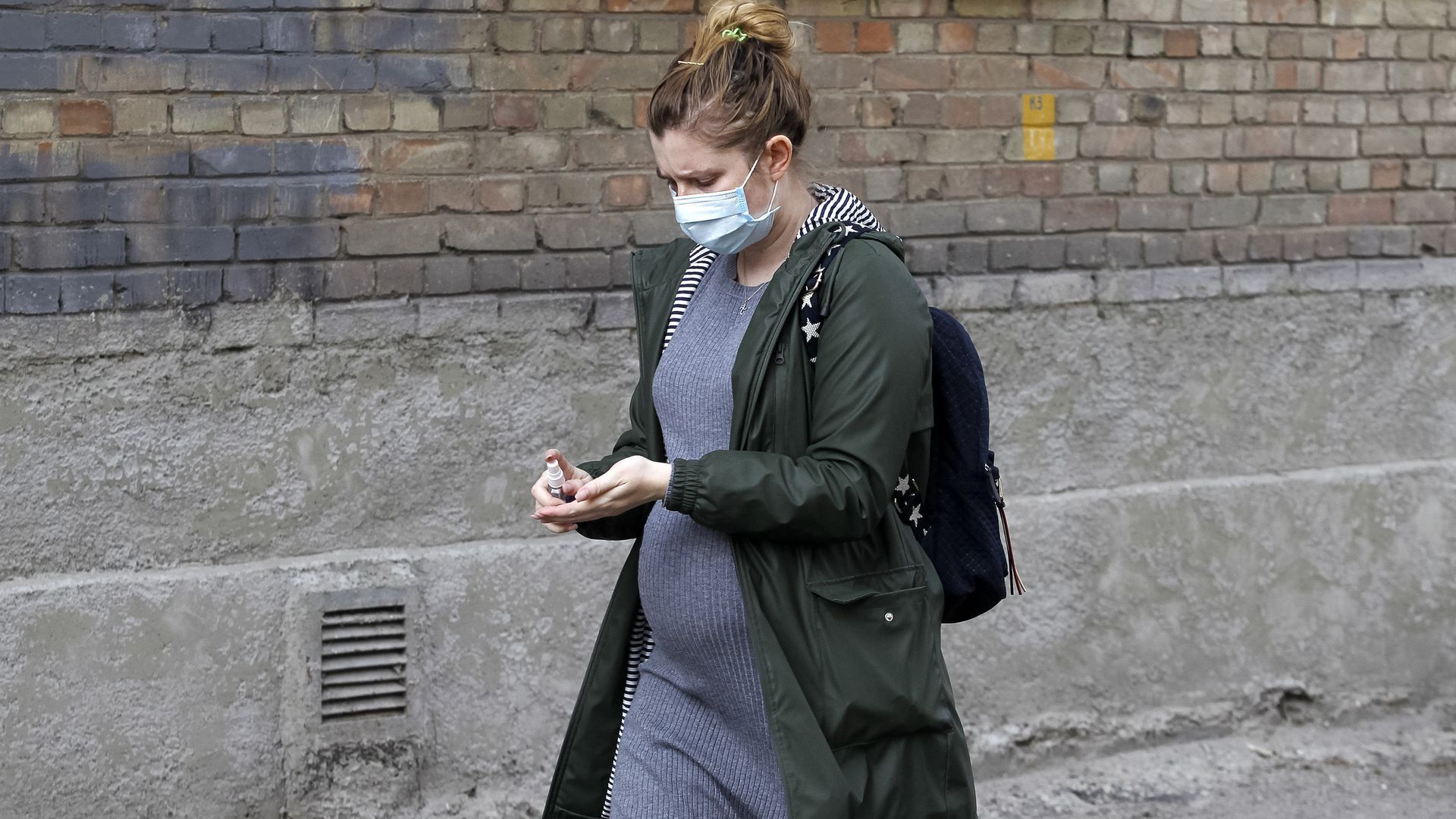Jun 27, 2020 - Health
Pandemic shrinks planned family sizes
Add Axios as your preferred source to
see more of our stories on Google.

A pregnant woman wearing a surgical mask. Photo: Pavlo Gonchar/SOPA Images/LightRocket via Getty Images
Add Axios as your preferred source to
see more of our stories on Google.

A pregnant woman wearing a surgical mask. Photo: Pavlo Gonchar/SOPA Images/LightRocket via Getty Images